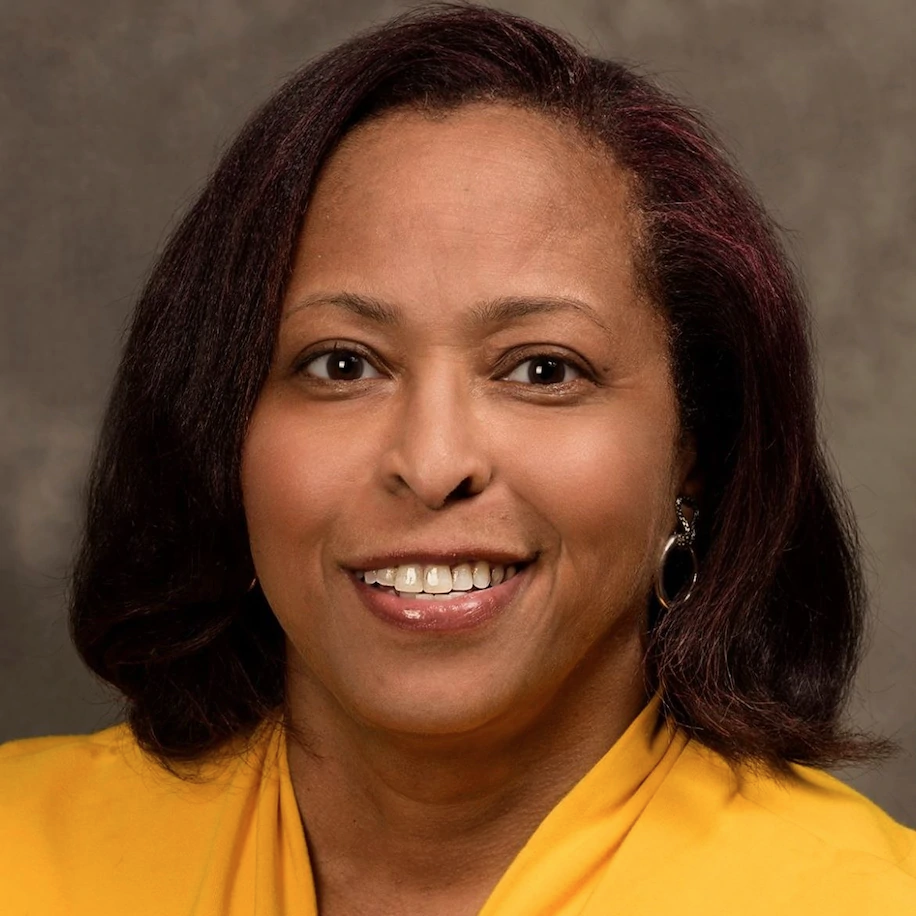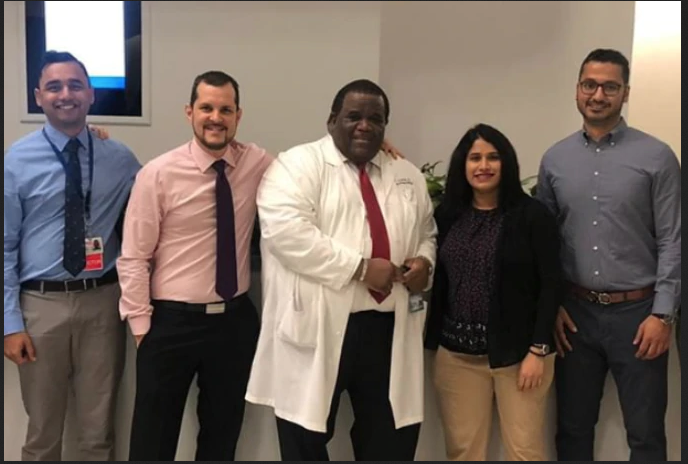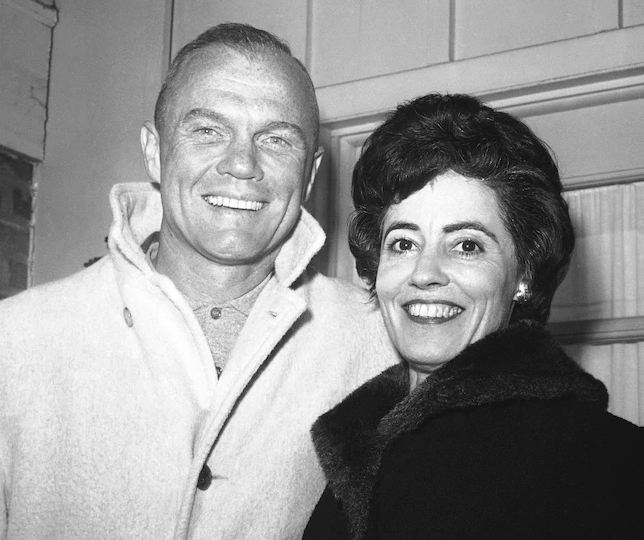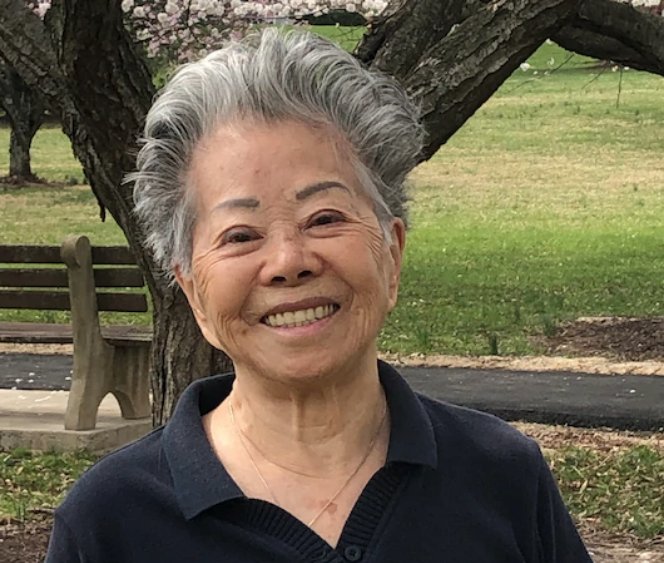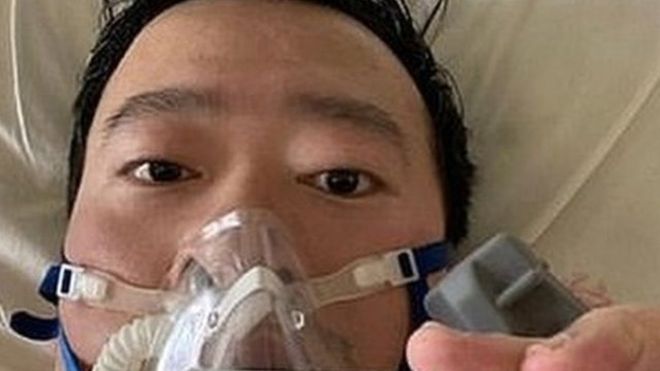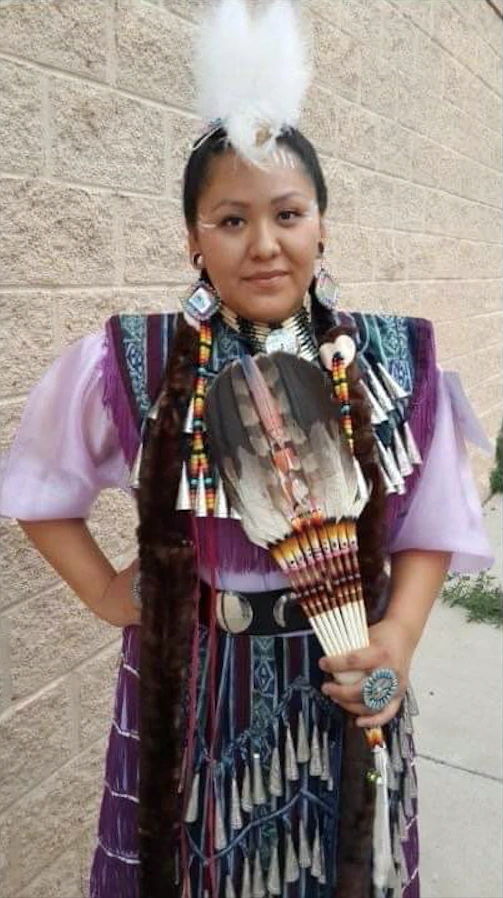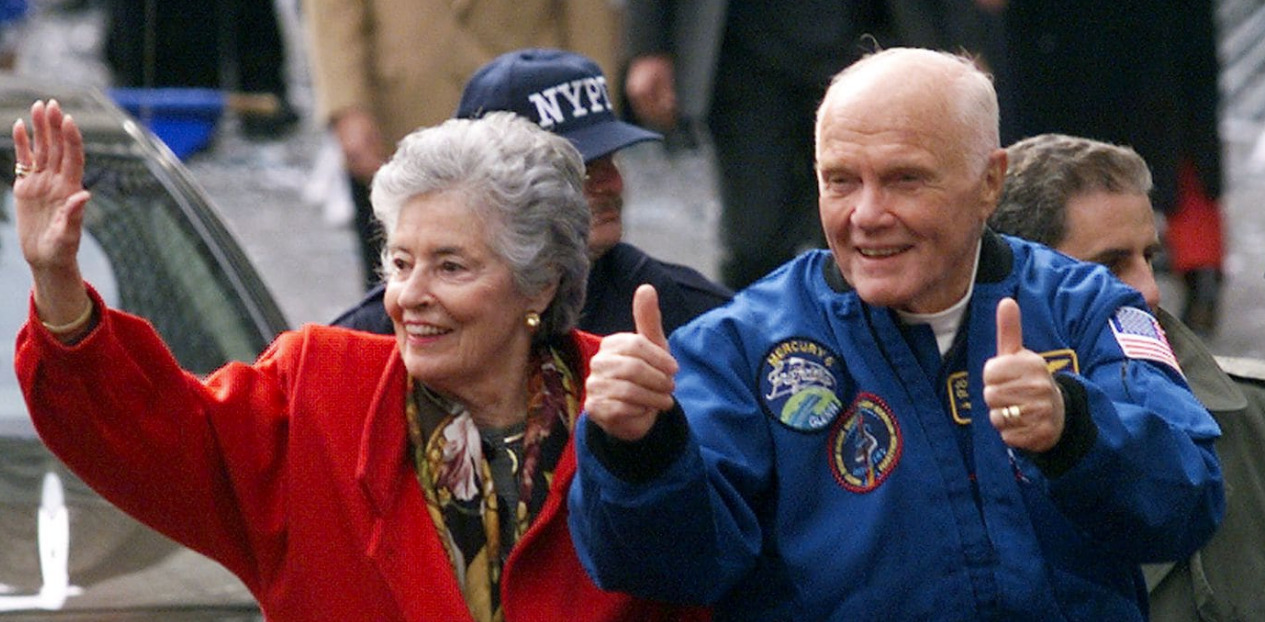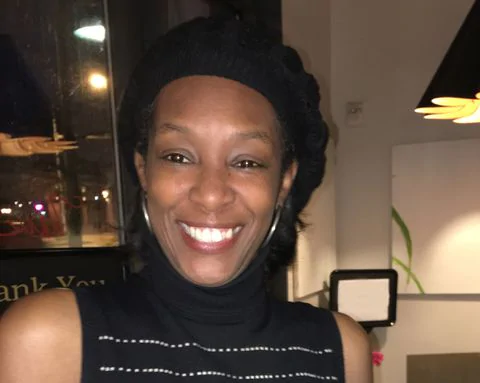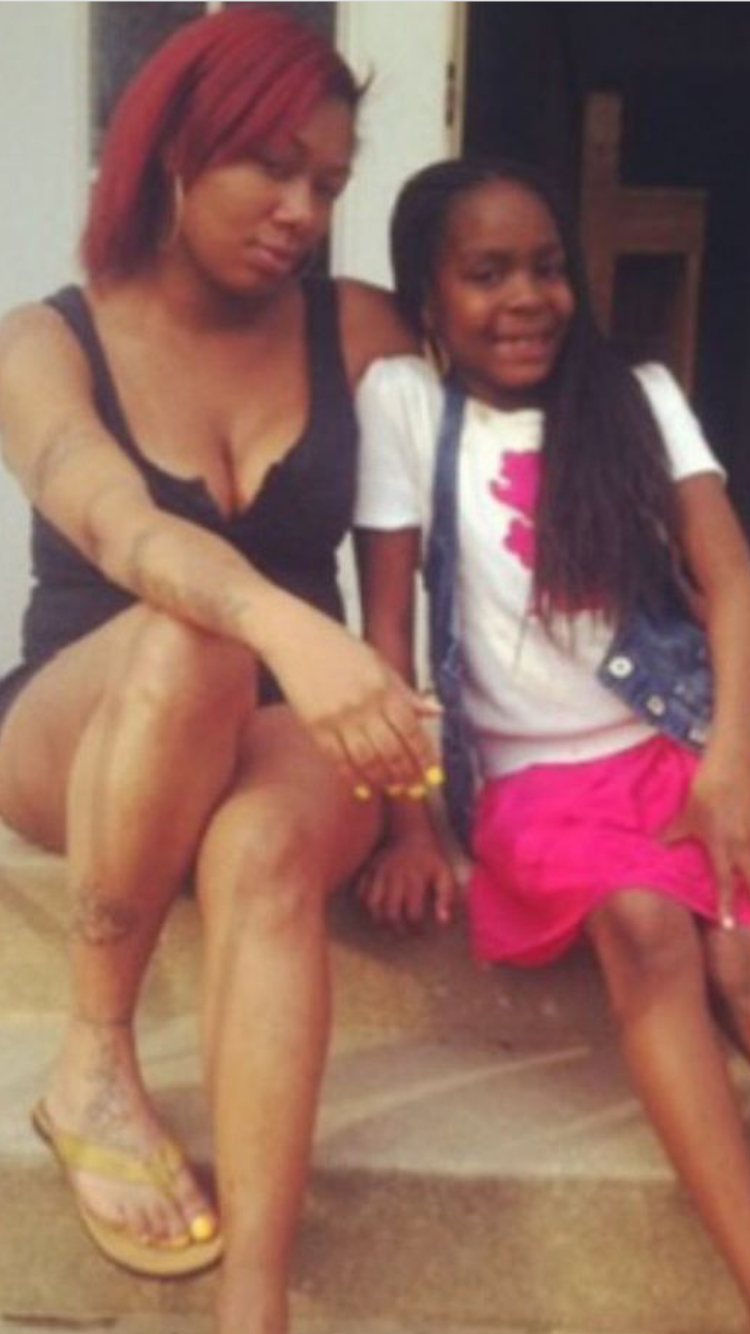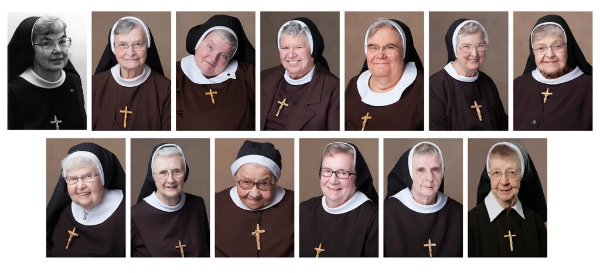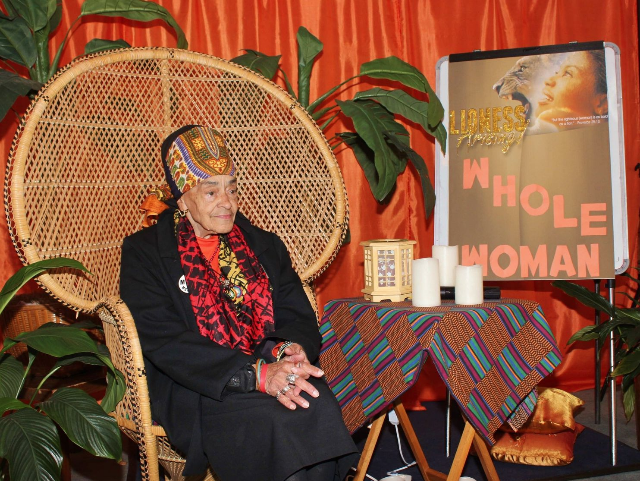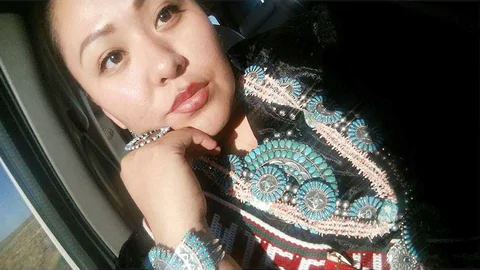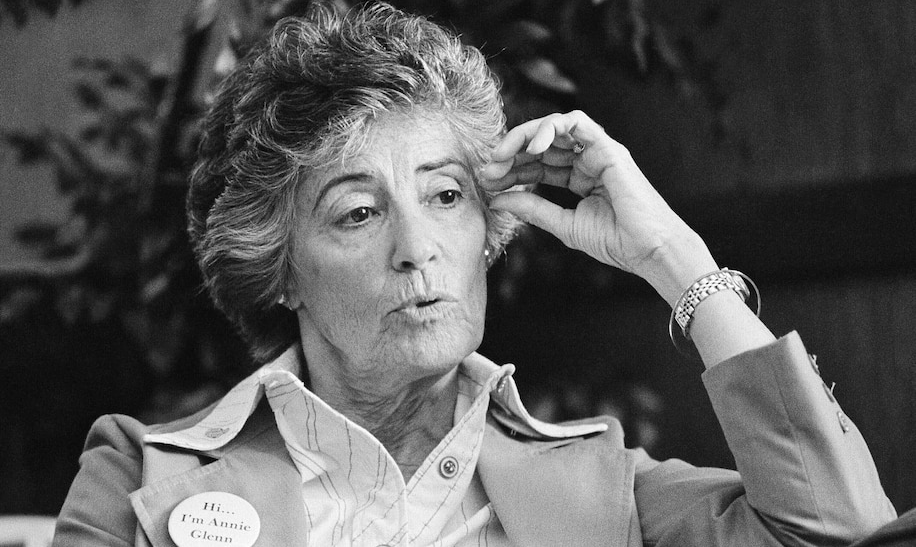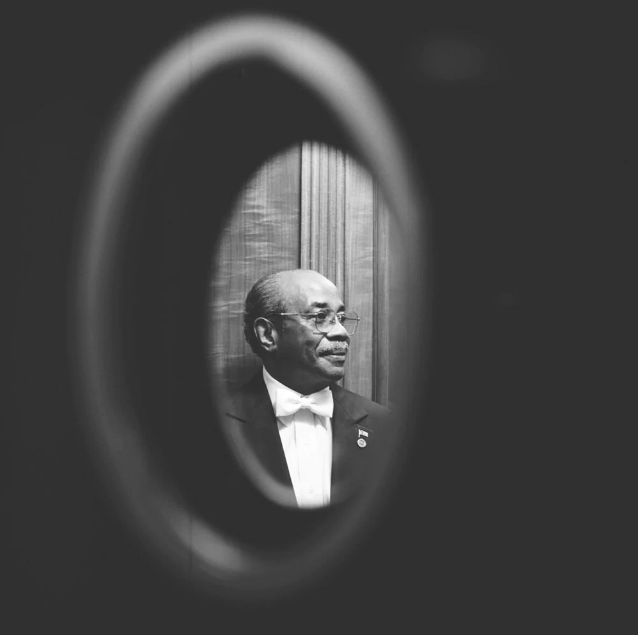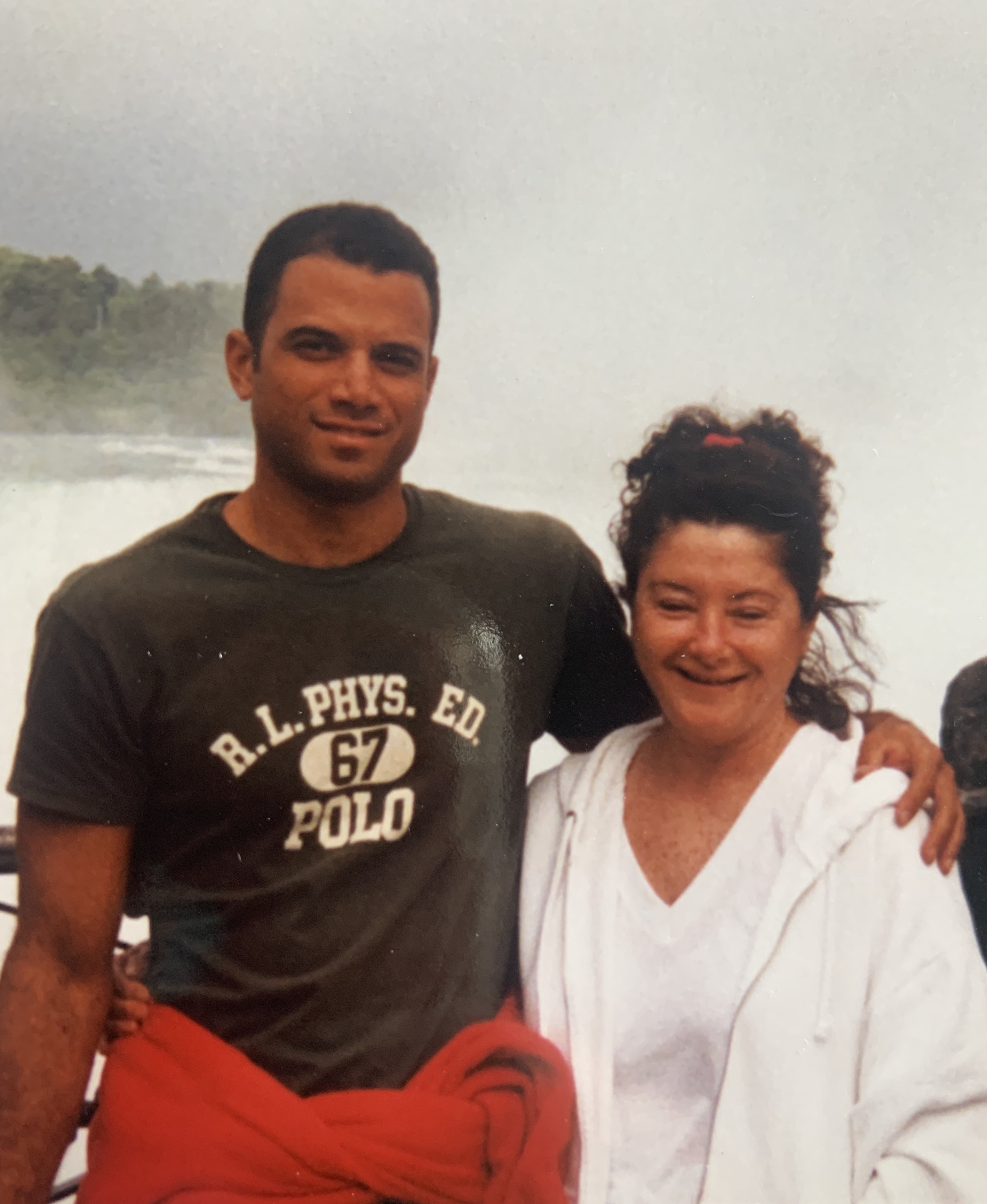Call or text support to 1-833-521-1116 begin text with the extension number
Memories are digitally attached to their trees Post
Post
Memories are digitally attached to their trees
 Post
Post Extension: 25953
The Chinese doctor who tried to issue the first warning about the deadly coronavirus outbreak has died, the hospital treating him has said.
Li Wenliang contracted the virus while working at Wuhan Central Hospital.
He had sent out a warning to fellow medics on 30 December but police told him to stop "making false comments".
Extension: 14665
Yu Lihua, 90, was one of the most important Chinese American writers of her day, publishing more than two dozen books across her career. The work guided her and her mostly Chinese-speaking readers through heartbreak, divorce, struggles over identity and belonging, and questions of sex, sexism, friendship and family. Her children recall her red diaries and late-night writing sessions at a speckled blue Formica desk in Schenectady, N.Y., where she smoked True menthol cigarettes with her feet resting on an old typewriter case.
Extension: 12869
Alyce Gullattee, 91, was a pioneering psychiatrist, civil rights activist and Howard University professor known for her compassionate touch with people battling substance abuse. During the height of Washington's crack epidemic, she treated addicts, AIDS patients and sex workers like they were family, and once survived a mugging by offering to help her would-be attacker seek psychiatric treatment. One of the country's leading experts on addiction, she served on several White House committees and helped train generations of African American physicians.
Extension: 4281
Valentina Blackhorse, 28, was an administrative assistant for the Navajo Nation who dreamed of someday leading the entire tribe. Known to her family as a "feisty" enforcer of Navajo customs, she pored over books about her culture, studied Navajo language, performed jingle-dress dances at community powwows, and won the prestigious Miss Western Navajo pageant. Her family wants to raise her 1-year-old daughter in the traditions she held dear.
Extension: 32806
Chianti “Tiki” Jackson Harpool, 51, moved easily from the streets of her native Baltimore, where she once worked as a social worker helping the homeless and drug-addicted, to a political fundraiser in the city with her husband of 12 years. She worked for her neighbor, Baltimore City State’s Attorney Marilyn Mosby, and completed a six-month program at the International Culinary Center in New York before starting a home business called Chianti’s Chocolates.
Extension: 4467
Long before Judy Wilson-Griffin became a perinatal clinical nurse specialist, her grandmother worked as a midwife caring for pregnant and postnatal women in Alabama. That ancestral legacy followed Wilson-Griffin’s grandmother to St. Louis, where Wilson-Griffin would further her family’s tradition of tenderly nursing black women giving life to future generations.
Wilson-Griffin advocated for patients who had higher rates of infant and maternal mortality and championed her children and grandchildren through life’s vicissitudes and celebratory moments.
Judy Wilson-Griffin
The same month she contracted the novel coronavirus, Wilson-Griffin was finalizing her latest endeavor: creating a maternal triage acuity index for pregnant women.
But on March 20, the day her proposal was scheduled for approval by her academic adviser, Wilson-Griffin succumbed to the virus. The 63-year-old was the first person in St. Louis County to die of covid-19.
She was a “gentle driving force for change,” said Laura Kuensting, her committee chair for her doctor of nursing practice program at the University of Missouri, St. Louis College of Nursing.
Extension: 2369
Before the virus overwhelmed the hospitals of New York, before it changed how Americans went about their daily lives, James “Charlie” Mahoney was planning for his retirement.
He had just gone on a Caribbean cruise with his family, a January vacation that his sister, Saundra Chisholm, said was part-62nd birthday celebration, part-early retirement party. He had been working in the intensive care unit at the SUNY Downstate Medical Center for nearly four decades, caring for patients through the HIV/AIDS epidemic, through 9/11, through the swine flu and now he felt like it was finally time to take it easy.
“And then covid hit,” Chisholm said.
His family insisted he follow through on retirement, including his brother Melvin Mahoney, who is also a doctor. His boss, Robert F. Foronjy, said doctors, especially those who were older or at higher risk of suffering complications from the novel coronavirus, were given the opportunity to step back.
But James Mahoney refused. And to some extent, his colleagues and family knew he would.
“He gave everything to that hospital,” Melvin Mahoney told The Washington Post. “He gave his life for that hospital.”
Before it came for him, Mahoney witnessed the toll of the virus in his patients in the ICU — not just at SUNY Downstate but also across the street at Kings County Hospital Center, where he also took on shifts. Sometimes he slept there, his brother said. Mahoney had new coronavirus patients needing critical care every hour, an onslaught of suffering that was unlike anything he and his team had ever seen, Foronjy said.
He worked on his patients until he couldn’t anymore, in mid-April, when the telltale fever crept up on him. It never got better.
The 62-year-old died of the virus on April 27, with his dearest colleagues — his second family — at his side. From the time he brought himself to the emergency room, suffering from shortness of breath, he was treated by his colleagues in the same hospital where he had worked and studied since 1982, starting as a medical student. He ultimately died at Tisch Hospital, which had more sophisticated blood-oxygenation equipment, and where Foronjy and four of his other closest colleagues personally escorted him from Brooklyn to Manhattan traveling in two ambulances.
Extension: 2963
Annie Glenn, who reluctantly entered the public eye as the wife of astronaut and senator John Glenn and later overcame a severe stuttering problem to become a leading advocate for people with communication disorders, died May 19 at a nursing center in St. Paul, Minn. She was 100.
The cause was covid-19, the disease caused by the novel coronavirus, said the senator’s former press secretary, Dale Butland.
Mrs. Glenn met her future husband when they were toddlers, growing up in New Concord, Ohio. They went to high school and college together and were married in 1943, while John Glenn was serving as a Marine Corps pilot.
John Glenn and Annie Glenn in 1962.
She later said they moved 33 times for her husband’s career, as he flew hundreds of missions in World War II and the Korean War and later became a test pilot. He was selected as part of the country’s astronaut corps, the Mercury Seven, in 1959.
During the early years of the space program, the astronauts were seen as national heroes, and none more so than John Glenn.
He was not the first to go into space — that honor went to Alan Shepard in 1961. But perhaps more than the other astronauts, Glenn had a grasp of the historical and symbolic importance of America’s first voyages into space. He was also a squeaky-clean, churchgoing Midwesterner, a publicist’s dream.
Extension: 10172
They worked and lived together at a Michigan convent: some for more than a half century, many pursuing higher education and each with a variety of interests. In the end, 12 Felician sisters, ranging in age from 69 to 99, would also die in the same way — of Covid-19 and its effects — within a month, according to their order.
After the first 12 deaths from April 10 to May 10, a 13th sister at the convent, the Presentation of the Blessed Virgin Mary, in Livonia, Mich., died of Covid-19, the disease caused by the new coronavirus, on June 27.
The virus, which preys on the elderly and thrives anywhere people are in close contact, may have posed a particular danger to the sisters, who live communally. Just as residents living in nursing homes have especially been hard hit by the pandemic, aging populations around the world are particularly vulnerable.
Extension: 688575
Dar’Yana, 15, who loved music and dancing and had dreams of becoming a cosmetologist, died May 16 at Johns Hopkins Hospital in Baltimore, the youngest person in Maryland — and one of the youngest across the country — to die of complications of covid-19, the disease caused by the novel coronavirus.
Dar’Yana, the oldest of four children in the Baltimore County family, was originally diagnosed with covid-19 and Kawasaki disease, a rare illness that causes swelling in medium-size arteries throughout the body. Knight said doctors now say Dar’Yana didn’t have Kawasaki.
The doctors at Johns Hopkins, Knight said, were perplexed by Dar’Yana’s case.
“They don’t understand why she died so young and so healthy,” Knight said. “They say this is the most rare case they have ever seen. . . . I don’t understand why, why God took her.”
The vast majority of those younger than 18 who are infected with the coronavirus have mild symptoms or none at all.
Dar’Yana’s symptoms began with a stomachache about a week before she died. She didn’t have an appetite and had developed a reddish rash near her armpit. Knight also noticed that she wore a patent-leather jacket inside. Her stepfather asked her why she was wearing it, and she said she was cold, Knight said, which signaled a fever.
Extension: 687184
When Wilson Roosevelt Jerman’s wife, Gladys, was dying of lupus in 1966, President Lyndon B. Johnson sent steak and lobster to their rowhouse in Washington and asked his personal physicians to help treat her.
When Jerman retired in 2012, he had paintings of the White House interior signed by President John F. Kennedy and first lady Jacqueline Kennedy hanging in his living room.
And after he died May 16 of covid-19, former first lady Michelle Obama sent out condolences.
Jerman, a longtime butler at the White House, was a man who left an impression, his family said.
“With his kindness and care, Wilson Jerman helped make the White House a home for decades of First Families, including ours,” Obama said Thursday. “We were lucky to have known him. Barack and I send our sincerest love and prayers to his family.”
Jerman, 91, died at Sentara Northern Virginia Medical Center in Woodbridge, his family said. He had served presidents from Dwight D. Eisenhower to Barack Obama.
One of four children of a farmworker, Jerman had grown up so poor in rural Seaboard, N.C., that he had to put cardboard in his shoes when they wore out. He left school after seventh grade to help support his family.
Extension: 562908
Mom we miss you so much and this holiday is going to be so hard for the family.

